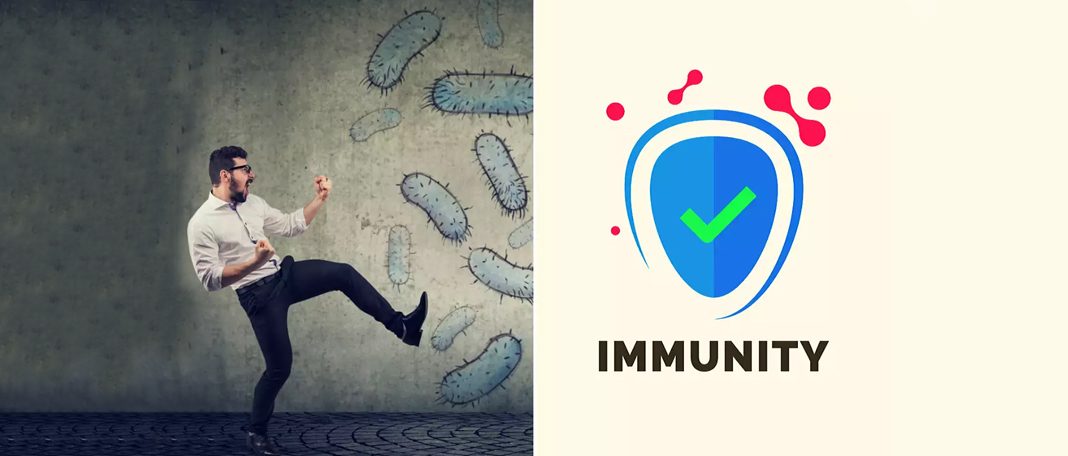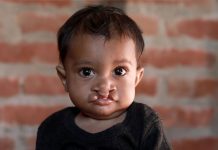It is valuable information for those who recover from Coronavirus. A new study found that Covid-19 can last for at least 5-7 months and may extend longer than that.
It’s been more than six months into the pandemic. To understand the Covid-19 immune response, you must learn how our immune system responds to the Coronavirus because it is an essential step to develop the vaccine. Many promising vaccines are in development but still we have to follow some fundamental measures such as physical distancing and mask-wearing to avoid transmission.
The COVID-19 Mysteries Scientists Are Still Racing to Solve
When the world learned how dangerous this current outbreak of Coronavirus (COVID-19) disease is, scientists have started the development of a vaccine against the SARS-CoV-2 virus.
Scientists attempt to slow the spread of the virus, also they want to limit deaths by achieving immunity. They are still working hard on several fronts to understand the SARS-CoV-2 virus and stop controls of it. There are many things we don’t know about immunity even after recovering from the Coronavirus, which includes how long it will last. It is essential to learn how long immunity can last to invent vaccination protocols.
What We Know about the COVID-19 Immune Response?
Knowing about the Covid-19 virus seems critical for the community. Two researches showed that the virus may exist for up to 7 months. Scientists haven’t found what level of neutralizing antibodies is required to fight SARS-CoV-2 or how to reduce virus symptoms in a second attack.
As reported by Lauren Rodda, Ph.D., a senior postdoctoral fellow in immunology at the University of Washington School of Medicine, they are not sure whether people are immune to reinfection because there aren’t many studies to prove it.
She says, “This would require tracking the re-exposure of a significant number of people and determining if they get sick.”
A recent study published on Tuesday in the journal Immunity stated that people who recover from mild cases of Coronavirus produce antibodies. They believe these antibodies can protect against infection for about 5 to 7 months and can be longer.
In the report, it was written that “We conclude that neutralizing antibodies are stably produced for at least 5-7 months after SARS-CoV-2 infection,” the team of researchers, lead by Deepta Bhattacharya, an immunobiologist at the University of Arizona College of Medicine.”
The team has tested almost 30,000 people in Arizona, and the testing commenced on April 30, soon after they developed a blood test for COVID-19.
The study finding seems promising but researchers haven’t investigated to see if people who have given the test were exposed to the Coronavirus again or not and also should observe if antibodies they produced in the bodies were adequate to protect them from re-infection.
Before this latest test, Rodda said that work completed by her research team also showed that antibodies against the COVID-19 are maintained for around three years.
Particularly, the preprint of the study was shown that this will happen to people who have mild symptoms. This research also recommended that immunity could last much longer.
Rodda stated that they discovered that people who recovered from the mild Coronavirus had memory B and T cells “with hallmarks of functionality.”
Memory cells provide our immune system memory of earlier microbial invaders that allow our body to respond faster and stronger the next time people encounter them.
If people are re-exposed to the Coronavirus, these cells along with antibodies will protect from symptoms and also from transmission.
Measles is an immune memory to other diseases that can last for several years, and this could be competent for COVID-19 as well, Rodda said.
Another study published in The New England Journal of Medicine, in which Iceland researchers tested 1,107 people who had recovered from COVID-19 and tested positive for the antiviral antibodies. After 4 months, they discovered that those antiviral antibodies against Coronavirus had not turned down.
Dr. Steven Sperber, interim chief of the division of infectious diseases at Hackensack University Medical Center emphasized that there are a lot more experts don’t know about the SARS-CoV-2 because it’s a new Coronavirus.

















